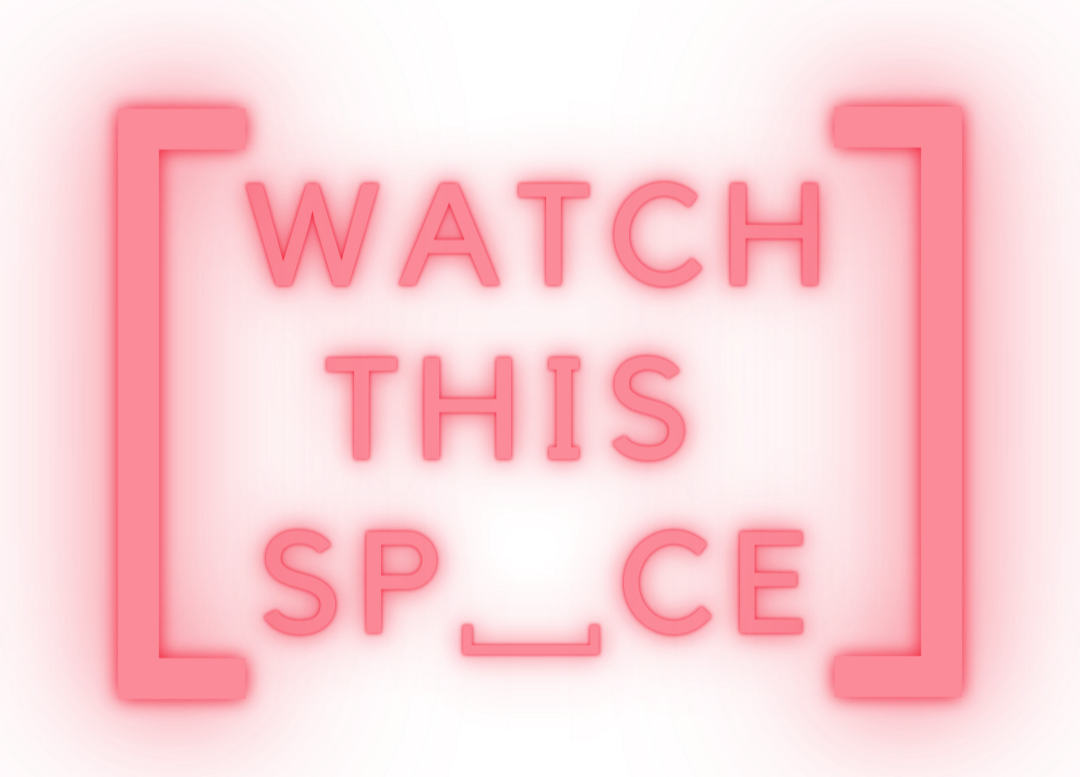During National Inclusion Week, 26th September – 2nd October, we gathered together 13 incredible speakers to share insights, inspiration and practical tools to help people rethink and transform their workplaces.
In order to be accessible to as many people as possible, all the talks were available online and on-demand, so they could be watched any time during that week. We were thrilled that so many people watched and engaged with the talks, sharing their learnings and takeaways on social media. We wanted to start conversations, and it’s exciting to see discussions about how work could be better for everyone taking place all across the country.
What stood out for me during the conference, was the theme of revolution. Kaia Allen-Bevan, in her talk about proactive allyship, said that revolution is part of our future and that it’s necessary for long-term change. But, Kaia told us, revolution isn’t a one-time event. It isn’t people parading in the streets and then going home to sit quietly and comfortably. It is ongoing work, commitment and learning. So many of the speakers talked about the need for revolution and for change, and challenged the audience to make a commitment to be part of that movement.
Marc Convey told us that businesses have a responsibility to drive change, as the impact they have on their staff and communities has a ripple effect that reaches out into every area of society. Furthermore businesses now have significant power and influence over government and driving social agendas, and as leaders we can push for meaningful change that will lead to a better world for everyone.
We were also asked to think differently about the nature of diversity itself. DeAnna Avis, in her talk on mental health and neurodiversity, made the important point that it is populations that are diverse, not individuals. We can’t look at diversity as something inherent in any one person – we must look at the broader group. DeAnna also pushed us to rethink the way that we talk about mental health and neurodiversity, as if there was something wrong with individuals who don’t fit some imaginary norm. If an individual isn’t thriving in an environment, you need to fix the environment, not the individual.
We can even rethink the very nature of what work is. Dr Helen Curr gave us a powerful vision for how organisations can work in entirely different ways. We can break down the traditional hierarchical approach and rebuild workplaces in collaborative and democratic ways. Matthew Knight showed us how we can all work together better by learning more about our selves and each other. How often have most of us stopped to consider the ways we work best and how we can improve our communications with others? Time to start!
Reimagining how we communicate and present information could have a huge impact on how many people we reach and include in the conversation. From Silvie Koanda’s powerful talk on the inclusion revolution for deafness, to Nadia Finer’s call to unleash the power of shy people, and Holly Simmons’ advice-packed talk on inclusive recruitment practices, we came away with an array of tools to support access, get more voices heard and increase engagement. Nicolette Wykeman also gave us a roadmap for bringing different generations together – an approach that will become more and more needed as fewer people are able, or willing, to retire. One common thread shown in all these talks was that, the more people that can participate, the more perspectives that we benefit from, the better the outcomes for everyone.
We also had powerful advice from Paul Mortimer on navigating adversity, and important guidance from Gwen Taylor on digital self-care, especially now that so many of us are working from home. Meg Fenn showed us the relationship between creativity and diversity, and how valuable creativity can be for taking your business forward. And one hugely powerful talk, and a call for a really revolutionary approach (certainly for UK workplaces), came from Louise Harman who made a compelling case for why we need to talk more about death. We have a culture of trying to suppress emotion and vulnerability in the workplace. We cover up the harder side of life and pretend our personal struggles aren’t happening. We try to separate work and life as if we were a different person when we were doing each one. But Louise showed us the power of opening up, of leaders showing vulnerability and encouraging human connections amongst their teams. What a world we could create if more people felt able to be, and felt validated and respected as, their full selves.
All in all, it was a week of deeply transformational thinking. We’ve come away buzzing with so many ideas, and we hope you have too.
You can watch the panel discussion between Nadia Finer, Marc Convey and Nicolette Wykeman if you want to hear them expand on some of these themes, and share any learnings you took from the conference on your favourite social media platform using the hashtag #ReimaginationAtWork and tagging @watchthisspce.
Thank you to everyone who’s been a part of the conference. Thank you to our amazing sponsors – Sussex Innovation, the BRITE programme, always possible, Huxley Digital, Plus Accounting, Cognitive Law, Here and the Business and IP Centre Sussex – for making it all possible.
We’ll see you again next year!
To be the first to hear about our upcoming events, sign up to our newsletter.
